Conference Theme
Innovation and Disruption: the energy sector in transition
The 2016 conference will focus on the themes of disruption and innovation which are characteristics of current energy industries and markets, nationally and globally. Every part of the energy sector is experiencing rapid change and high rates of innovation, with some examples of managed transitions, but often with disruptive transformation driven by external factors. BIEE’s 11th Oxford Conference will explore how energy economics and policy analysis can help chart a course through the uncertainties, facilitating technology development, investment and securing consumer trust, towards low carbon, secure and affordable sustainable energy systems in the long-term?
Key Questions
Presentations, papers and discussions will explore
Sources of Innovation and Disruption
- What will be the major trends or likely discontinuities affecting the energy sector over the next five to ten years?
- Will change be driven by the market, or by policy? Will energy consumers become the real drivers of change in the future?
- How important is the climate agenda in shaping and instigating innovation?
- How might dramatic technical innovations in both hydrocarbons and renewables change the future energy mix and the thrust of policy?
New Business New Opportunities
- How is disruption and transformation opening up opportunities for radical new business models and for innovative new products and services?
- What role will new technologies play in shaping the way energy is produced, distributed and used?
- Where is the innovation coming from and who is going to invest?
- What model of innovation works best for such a capital intensive long term industry?
- How do energy companies feel about the prospect of disruptive technological change? Threat or opportunity?
- Who will be the winners and losers?
- How could ‘big data’, new technology and new offerings combine to unlock a cleaner, efficient, consumer-friendly future?
- What will be the impact of distributed generation, storage and demand response? What will they achieve for customers? What will they mean for suppliers?
Facilitating the Transition
- How will governments and regulatory authorities need to respond to these changes?
- How do we chart a course through to a low-carbon, secure and affordable energy system?
- How does what the UK does fit with actions at European and international level? What can the UK learn from elsewhere?
- How do we allow for the uncertainties?
- What can economic analysis contribute? What is the role for policy?
Conference Sessions
In addition to the main plenaries we will be running 14 parallel sessions over the two days.
Paper sessions which include contributions from academics, policy makers and industry practitioners will feature cutting edge research and analysis on topics ranging from the emerging roles of energy storage and demand response, through challenges for regulation and policy developments, to approaches for innovation and energy system transitions.
Delegate feedback has consistently called for more time for discussion and debate. The conference committee are therefore incorporating a new programming strand, ‘Dialogue’ Sessions, for the 2016 conference. A new addition to the 2016 programme is the Dialogue session, a form of roundtable panel that allows for broader debate around key economic and policy questions A ‘Dialogue’ session is a form of roundtable discussion session that allows for a broader discussion of energy economic and policy issuessuch as ‘Does it matter who owns the energy system?. Sessions will begin with 3 to 5 panellists providing a five-minute commentary on that question (without slides). This will be followed by Q&A, discussion and debate from the floor and the session will end with a brief summing up from each of the panellists (10 mins total).
Student Session
PhD and MSc students are invited to take part in a student collaboration and networking event at the end of day 1 of the conference. This will consist of a series of short (‘Student Pitch’) presentations of students’ research topics followed by themed discussions with other students and established academics, concluding with an informal networking session where students can consider future collaboration on work of common interest.
All students are welcome to attend this session, but in order to be considered for a ‘Student Pitch’ presentation, students are required to submit a 200 word abstract outlining their PhD topic (or the aspect of their topic they will talk about) for review by the conference committee. Student abstracts for this session will be selected on the basis of quality originality and relevance to the conference theme.
Students whose abstracts have been accepted for presentation as a full paper in a parallel session or as ‘student pitch’ in the student session have priority for the limited number of discounted student places at the conference.

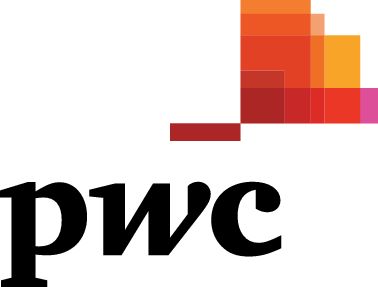
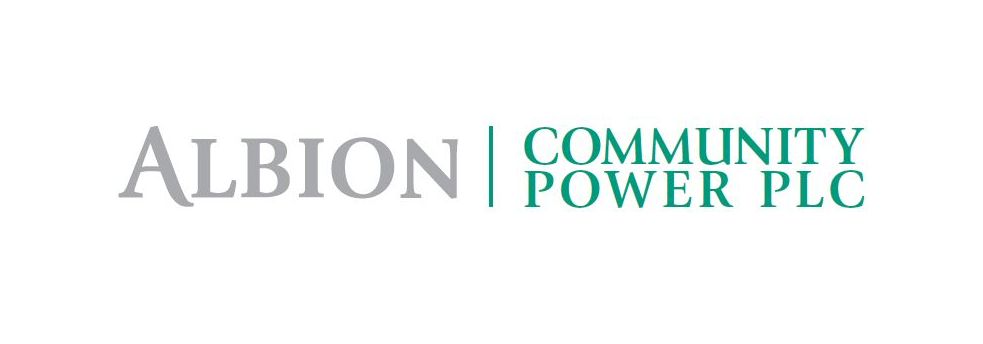



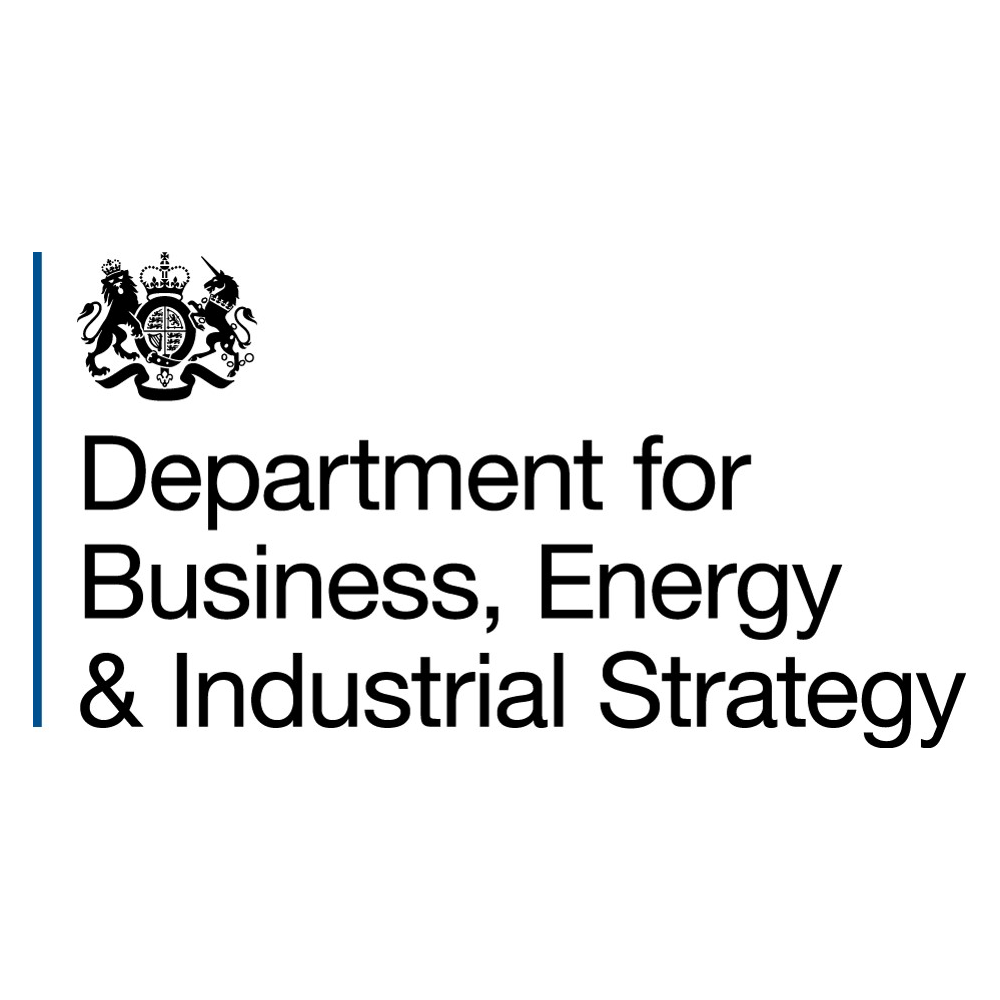


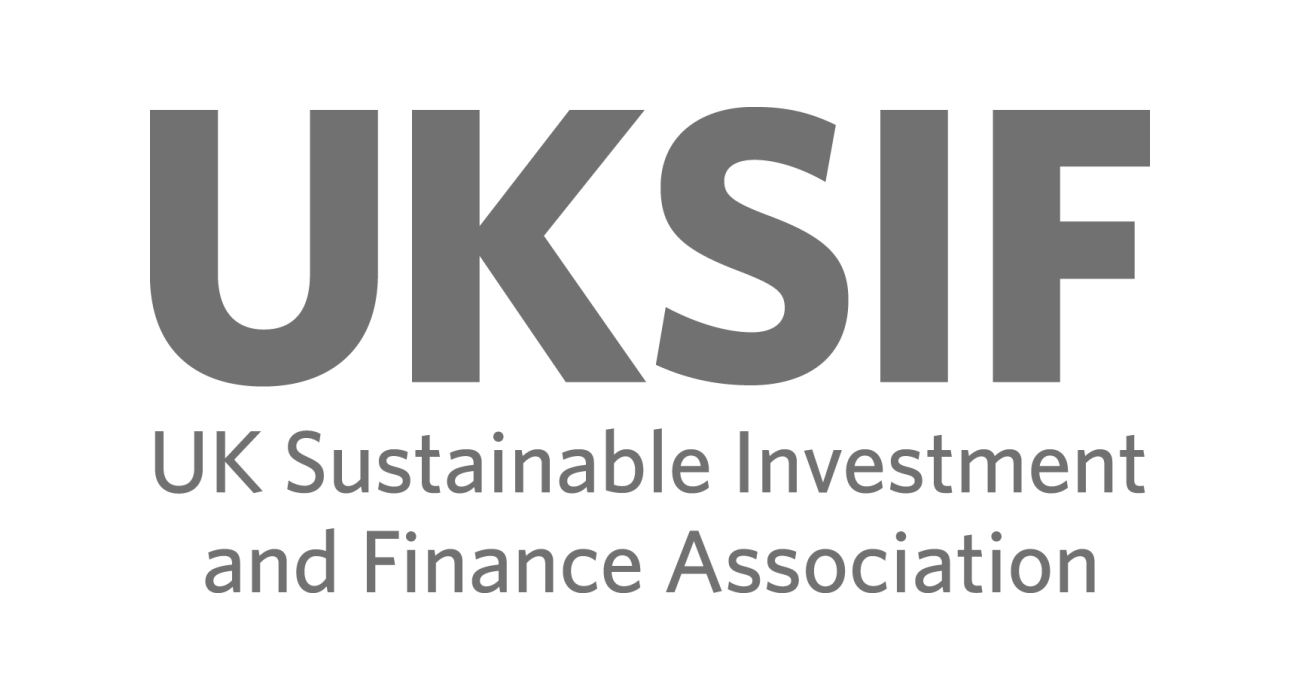
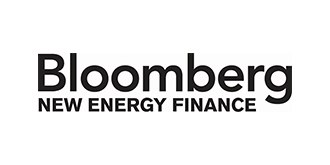
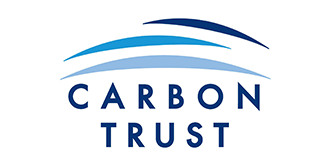


Post your comments and questions for the speakers here